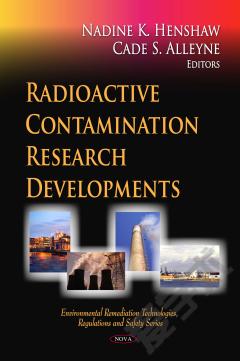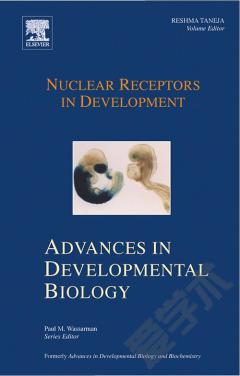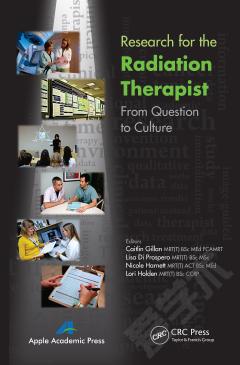Radioactive Contamination Research Developments
Radioactive contamination is the uncontrolled distribution of radioactive material in a given environment. Radioactive contamination is typically the result of a spill or accident during the production or use of a radionuclide. Contamination may occur from radioactive gases, liquids or particles. For example, if a radionuclide used in nuclear medicine is accidentally spilled, the material could be spread by people as they walk around. Radioactive contamination may also be an inevitable result of certain processes, such as the release of radioactive xenon in nuclear fuel reprocessing. In cases where radioactive material cannot be contained, it may be diluted to safe concentrations. Containment is what differentiates radioactive material from radioactive contamination. Therefore, radioactive material in sealed and designated containers is not properly referred to as contamination. According to various studies, although some radioactive contamination may be smaller than the internationally permitted radioactivity standards, it gains significance day by day and therefore is one of the potentially developing concerns in years to come. This book presents current research on this serious environmental and health issue.
{{comment.content}}








 京公网安备 11010802027623号
京公网安备 11010802027623号